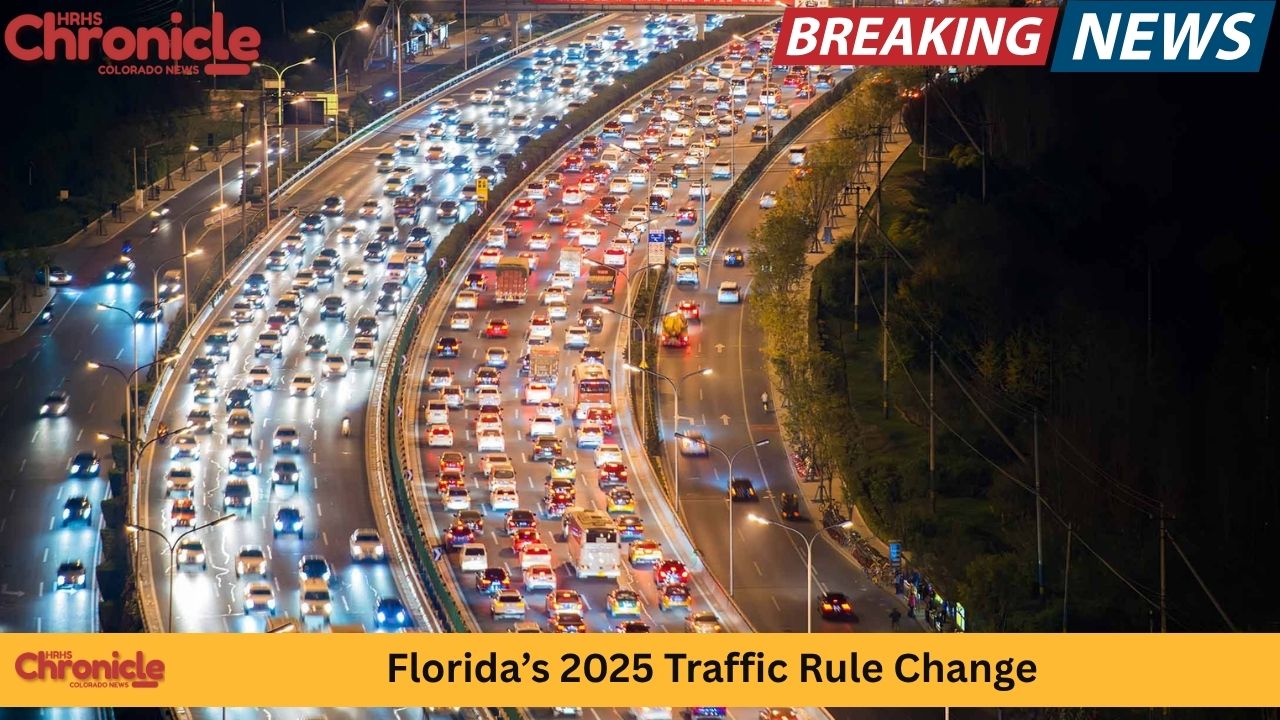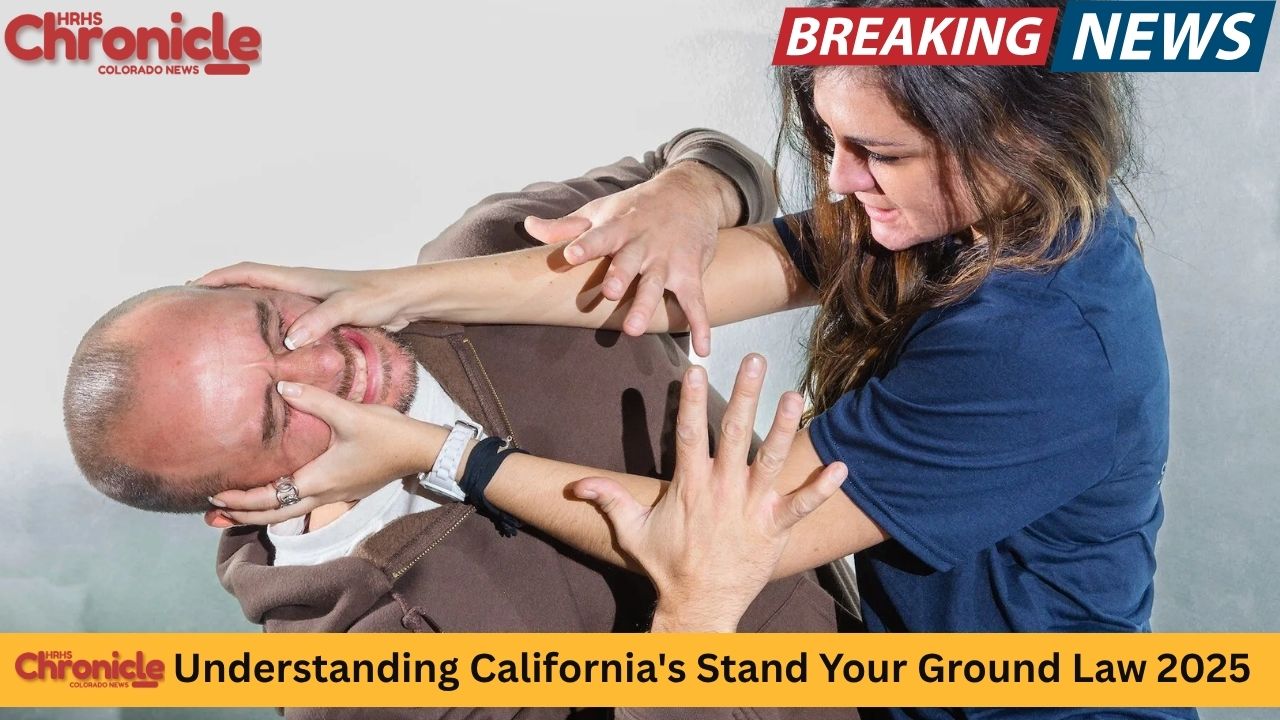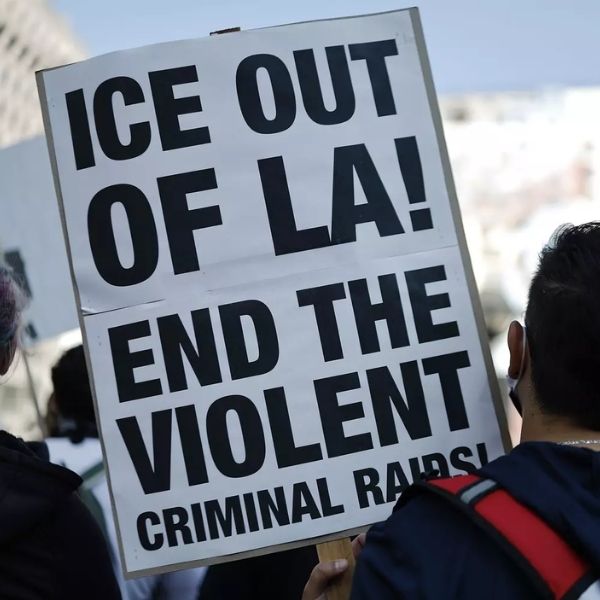Across much of the South and Midwest, state laws are preventing local governments from requiring employers to offer paid sick leave—effectively limiting cities’ ability to set their own labor standards.
According to a new report by A Better Balance and the National Partnership for Women & Families, 18 states—including Oklahoma—have passed such preemption laws, affecting nearly 73 million workers.
“Local leaders know what’s best for their communities,” said Feroza Freeland, policy director for A Better Balance’s Southern office and one of the report’s authors. “Taking away that decision-making power is very, very concerning.”
Missouri is also on the list. In May, the state legislature repealed voter-approved paid leave requirements that had expanded access to about 728,000 workers. Gov. Mike Kehoe signed the repeal into law last week. Paid leave laws have been banned at the local level in Missouri since 2017. Kehoe called these mandates “onerous,” citing strict rules on sick time and burdensome compliance requirements.
Nationally, around 27 million workers still don’t have access to paid sick days. Most work in low-wage or part-time jobs and are disproportionately women, younger workers, and people of color.
“People are being forced to choose between their health—or their child’s health—and earning a paycheck,” Freeland said.
In the absence of a federal paid sick leave law, cities like Chicago, Minneapolis, Pittsburgh, and Seattle have enacted their own protections. But lawmakers in the 18 preemption states, mainly in GOP-led regions, have moved in the opposite direction, arguing the mandates place financial strain on businesses, especially smaller ones.
Over the last decade, Republican legislatures have increasingly moved to restrict local authority in Democratic-led cities on various issues, including immigration, voting rights, and LGBTQ+ protections.
All 18 states with paid leave preemption laws are Republican-led. However, several conservative Mountain West states have not passed such laws. Katherine Gallagher Robbins, a senior fellow at the National Partnership, noted that these states often have a stronger libertarian outlook. She also pointed out that Southern preemption laws have historical roots in racial inequality, often devaluing Black workers.
The report highlights that 56% of Black workers in the U.S. live in states that block local paid sick leave protections.
Freeland emphasized that this issue doesn’t only affect cities—rural areas suffer too, especially where many workers in demanding jobs like manufacturing and farming lack paid leave.
According to the report’s authors, paid sick leave policies can reduce the spread of disease, improve wages and employment for caregivers—especially women—and help employers attract and retain workers.
This article has been carefully fact-checked by our editorial team to ensure accuracy and eliminate any misleading information. We are committed to maintaining the highest standards of integrity in our content.
















Leave a Reply